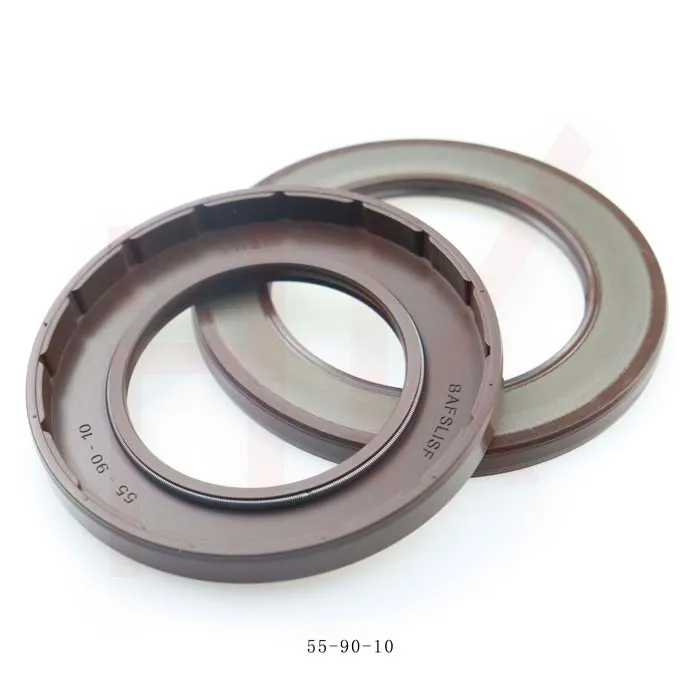Nov . 03, 2024 23:56 Back to list
rubber wiper seal
The Importance of Rubber Wiper Seals in Various Applications
Rubber wiper seals play a crucial role in ensuring the efficient operation of mechanical systems by preventing the ingress of dirt, moisture, and other contaminants. These seals are commonly found in a variety of applications, from automotive industries to industrial machinery and aerospace. Their primary function is to enhance the performance and longevity of components by creating a reliable barrier.
One of the key benefits of rubber wiper seals is their ability to maintain a clean and lubrication-rich environment within mechanical systems. For instance, in automotive applications, these seals are often used in windows, sunroofs, and headlights. They effectively prevent water and debris from entering the vehicle, which can cause considerable damage to electronic systems and interior components. By ensuring that these areas remain sealed, rubber wiper seals contribute significantly to passenger safety and comfort.
In addition to automotive applications, rubber wiper seals are ubiquitous in industrial machinery. They are essential in hydraulic systems, where they help maintain pressure and prevent leaks. Hydraulic equipment heavily relies on rubber seals to function correctly; a small breach could lead to catastrophic failure, causing costly downtime and repairs. The rubber material's flexibility allows these seals to conform to various surfaces, ensuring a tight fit, which is vital in maintaining the system's integrity.
rubber wiper seal

Aerospace applications also frequently employ rubber wiper seals, where reliability is paramount. In environments that experience extreme temperatures and pressures, these seals must withstand rigorous conditions while maintaining their properties. The aerospace industry often utilizes specialized rubber compounds designed to endure not just the mechanical stresses but also the chemical exposures found in such environments. This resilience minimizes the risks associated with seal failures, which could endanger both equipment and lives.
The manufacturing process of rubber wiper seals also plays a vital role in their effectiveness. These seals are often produced through processes such as extrusion, vulcanization, or molding, allowing for custom shapes and sizes that cater to specific needs. Choosing the right type of rubber—whether it is EPDM, silicone, or nitrile—depends on the application and environmental conditions. Each rubber type offers different chemical resistances and temperature tolerances, making it essential to select the appropriate material for optimal performance.
Furthermore, the maintenance and longevity of rubber wiper seals are greatly influenced by proper care and inspection. Regular maintenance can identify wear and deterioration early, allowing for timely replacements and repairs. By keeping these seals in good condition, businesses and individuals can avert unexpected breakdowns and extend the lifespan of their machinery and vehicles.
In conclusion, rubber wiper seals are integral components across diverse industries. Their ability to protect against contaminants and enhance the reliability of mechanical systems cannot be overstated. As technology advances, the materials used for these seals will likely improve, leading to even more enhanced applications in the future. The focus on high-quality rubber seals will continue to be a critical factor in ensuring operational efficiency, safety, and durability in various mechanical and automotive systems.
-
Wiper Oil Seal: Our Commitment to Clean Hydraulics
NewsAug.13,2025
-
Hydraulic Oil Seal for Self Discharging Cars
NewsAug.13,2025
-
Hub Oil Seal for Agricultural Tractor Hubs
NewsAug.13,2025
-
Skeleton Oil Seal with NBR Material
NewsAug.13,2025
-
Rotary Lip Seal for High Pressure Applications
NewsAug.13,2025
-
Cylinder Seal Kits Our Legacy of Hydraulic Trust
NewsAug.13,2025
-
Unlocking the Potential of Hydraulic Systems with Essential Sealing Solutions
NewsAug.06,2025
Products categories
















